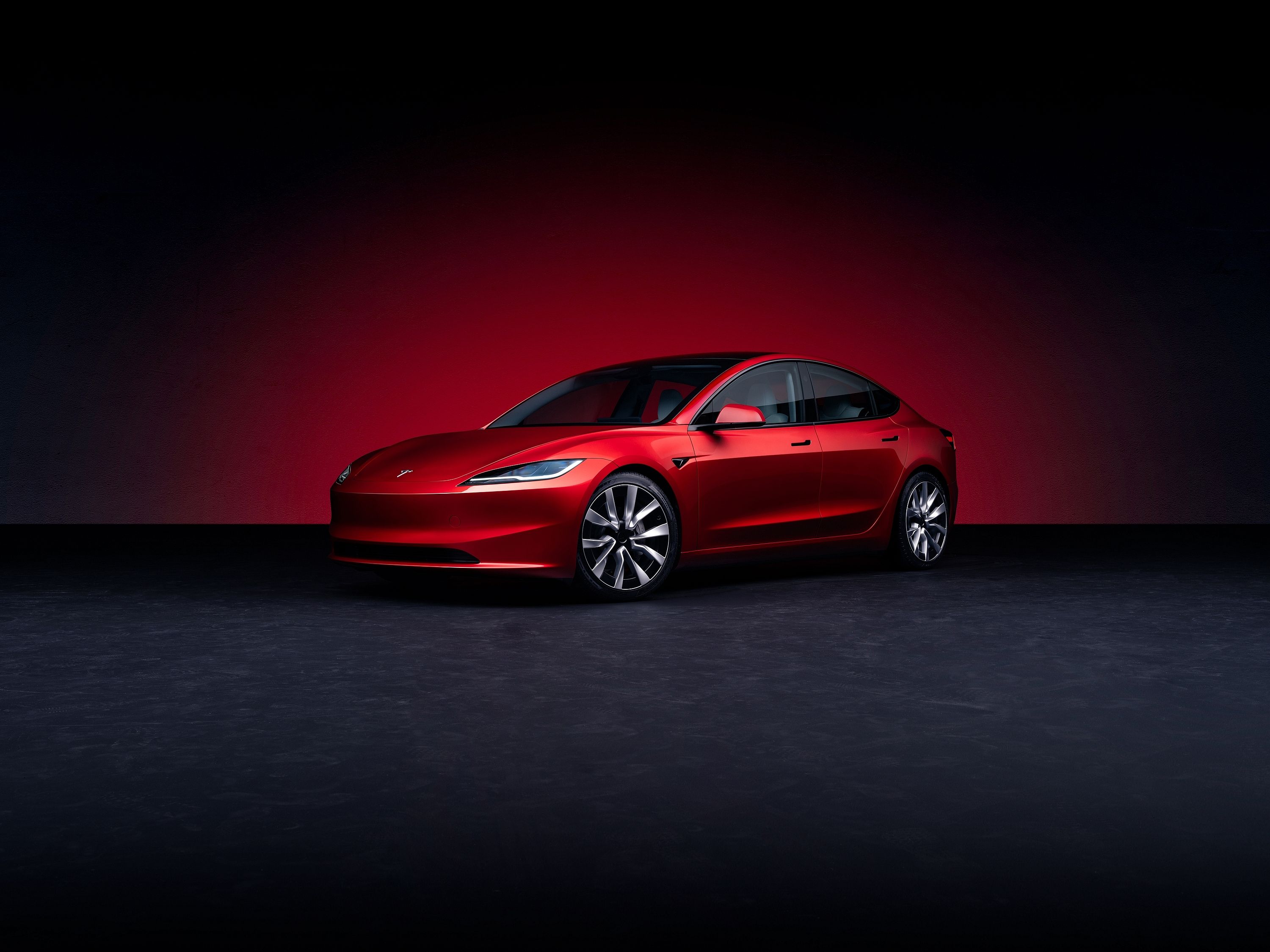
As part of a proposed $174 billion investment, Joe Biden wants to install an extra 400,000 public chargers in America to coincide with the launch of new mass-market EVs like the Ford F-150 Lightning within the next few years. This will make EVs more accessible to the masses. In some US states, however, legislation prevents electric automakers from opening dealerships, meaning most electric cars can only be sold through third-party dealerships. Now, Clean Technica reports that electric carmakers such as Tesla, Rivian, and Lucid are fighting to change the law and open dealerships in New York as the auto industry transitions to EVs.
Back in 2014, dealers fought to change state law to prevent Tesla from selling cars in New York. At the time, Tesla had opened five dealers and sold 645 cars in the Big Apple. Initially, dealers filed a lawsuit with the New York DMV claiming that granting Tesla its licenses was a violation of New York's Franchised Dealer Act. After failing in court, the dealers turned to lobbyists.
The original bill would have forced Tesla to close its five dealerships. As a compromise, Tesla could keep its five stores open in New York but was not allowed to open any other stores there. Other electric car manufacturers are also not allowed to open dealerships. However, since then Tesla's annual sales have increased to 10,000 units in New York and new EVs from Rivian and Lucid will soon enter production.
A new bill (Senate Bill S1763), which is backed by 114 environmental groups, is being proposed that will remove restrictions on direct car sales in the state, but the dealer lobby is fighting to keep the current ban in place. If passed, the new legislation will allow more automakers to open dealerships in the Big Apple at a crucial time as the state plans to ban the sale of combustion-powered cars by 2035.
The dealer lobby argues that franchise dealers offer protection to customers that is not available when cars are sold directly. "Tesla came to the market with that model. They thought they had a better way of doing business. It's better for them, I suspect, financially, but it's not better for consumers. To not have the dealer, the independent franchised dealer, in your corner, it's going to hurt consumers. It doesn't give them a protection that they currently enjoy today," said Brad McAreavy, Rochester Automobile Dealers Association President.
Ironically, however, a lot of car dealerships don't have the best reputation when it comes to customer protection. Over the last four years, car salespeople have been rated as the least trustworthy in Gallup's annual poll on honesty/ethics in professions and lawsuits have been filed against dealerships relating to interest rate markups and race discrimination.
